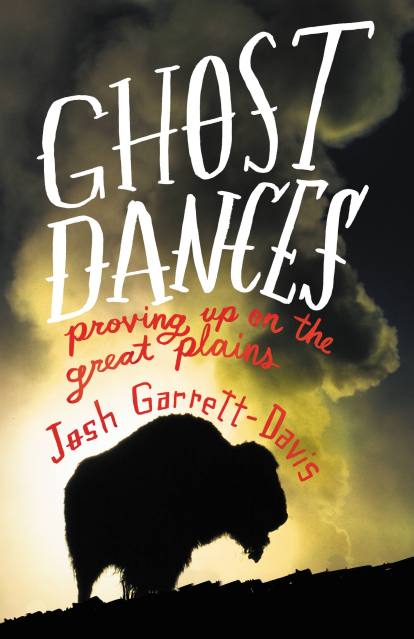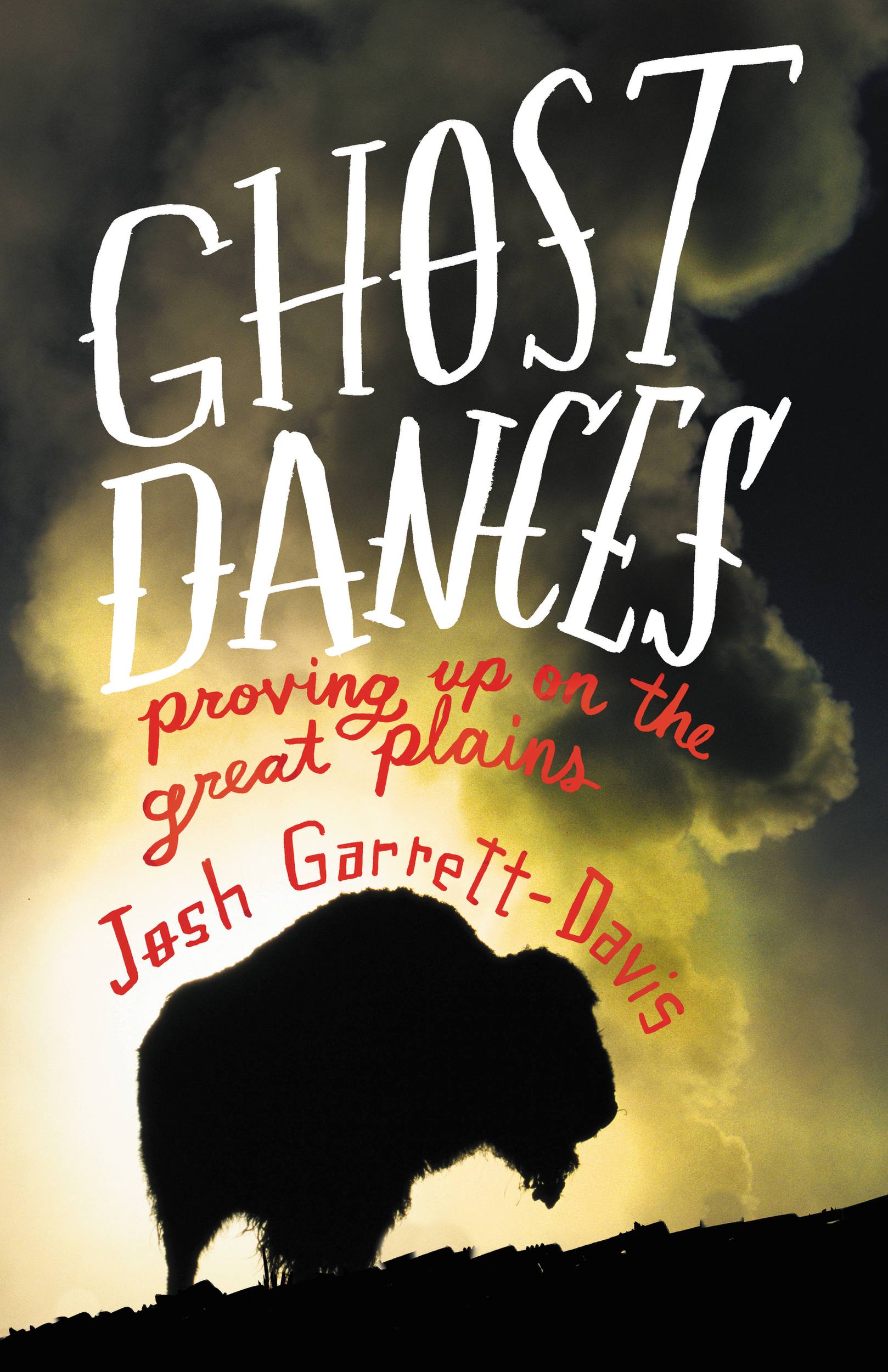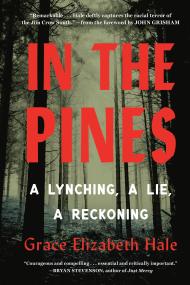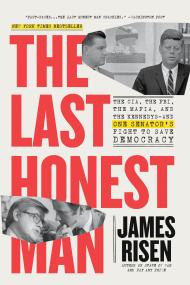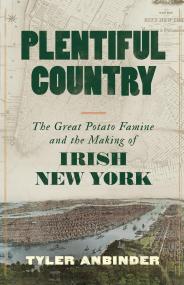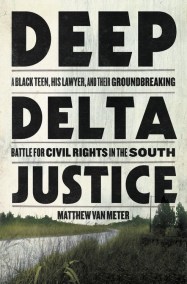By clicking “Accept,” you agree to the use of cookies and similar technologies on your device as set forth in our Cookie Policy and our Privacy Policy. Please note that certain cookies are essential for this website to function properly and do not require user consent to be deployed.
Ghost Dances
Proving Up on the Great Plains
Contributors
Formats and Prices
- On Sale
- Aug 21, 2012
- Page Count
- 336 pages
- Publisher
- Little, Brown and Company
- ISBN-13
- 9780316199858
Price
$13.99Price
$17.99 CADFormat
Format:
- ebook $13.99 $17.99 CAD
- Hardcover $39.00 $49.00 CAD
This item is a preorder. Your payment method will be charged immediately, and the product is expected to ship on or around August 21, 2012. This date is subject to change due to shipping delays beyond our control.
Buy from Other Retailers:
Among the subjects and people that bring his Midwestern Plains to life are the destruction and resurgence of the American bison; Native American “Ghost Dancers,” who attempted to ward off destruction by supernatural means; the political allegory to be found in The Wonderful Wizard of Oz; and current attempts by ecologists to “rewild” the Plains, complete with cheetahs.
Garrett-Davis infuses the narrative with stories of his family as well — including his great-great-grandparents’ twenty-year sojourn in Nebraska as homesteaders and his progressive Methodist cousin Ruth, a missionary in China ousted by Mao’s revolution. Ghost Dances is a fluid combination of memoir and history and reportage that reminds us our roots matter.
Newsletter Signup
By clicking ‘Sign Up,’ I acknowledge that I have read and agree to Hachette Book Group’s Privacy Policy and Terms of Use
